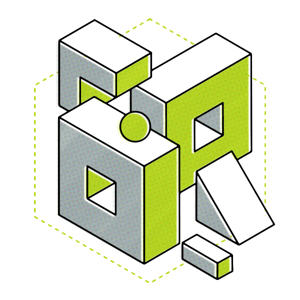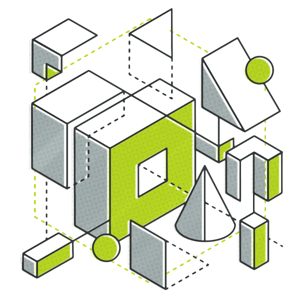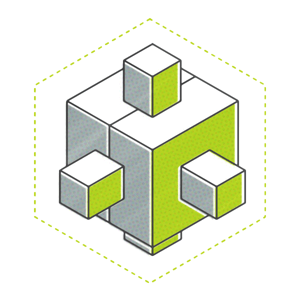As businesses grow and evolve they look to inherently adopt a number of disparate systems. Many times, in order to prevent duplication of data, or to pull a number of data sources together to create a fuller picture of the business, application data is needed to be integrated. Since software companies are generally solely focused on their own products, there isn’t an easy means to provide this integration.
Open Box has worked with companies to address this limitation and build bridges between systems to maximize business value and mitigate manual data duplication, or manual report consolidation. This could include ERP Integration, CMS Integration, Custom Application Integration or SaaS Application integration.


Your new application. Perhaps it doesn’t do everything other apps can do, but it does what you need it to do. And that’s what matters.

Your application has caught the attention of others, and they now love it too. They say they’d love it more if it could just do this one extra thing…

The application is a shadow of its former self, the things it did well originally are now an after-thought. Things are duplicated and working with it is now more of a hindrance than anything else.


The correct integration helps your application resemble its former self, while benefiting from being able to harness the best aspects of existing applications in your ecosystem. Each piece of software remains singularly focused on what it was built to do, amplifying the overall effect on your business.
Enterprise Resource Planning systems often store the majority of an organization’s key data. As specific line-of-business applications are introduced into the software ecosystem, cost and time pressure can make it tempting to have these systems store and even maintain subsets of the ERP data. The time you save doing this usually ends up being paid back unravelling this duplication of data, but with interest.
Your organization’s data is likely its most underutilized asset. Even if your applications have great reporting functionality, business intelligence goes steps beyond that by looking at all of an organization’s data holistically, and outside of the context of any one system to gain insights, intelligence, and ultimately some wisdom that drives strategic decision-making at every level.
Content Management Systems seem a necessary evil, but they take on another dimension when allowed to handle the document and records management requirements of your applications and ERP systems. Most applications have a requirement to store documents or maintain a taxonomy of some sort – rather than building this functionality for each application, integrate with your CMS to offload that responsibility so your applications can focus on their key requirements.